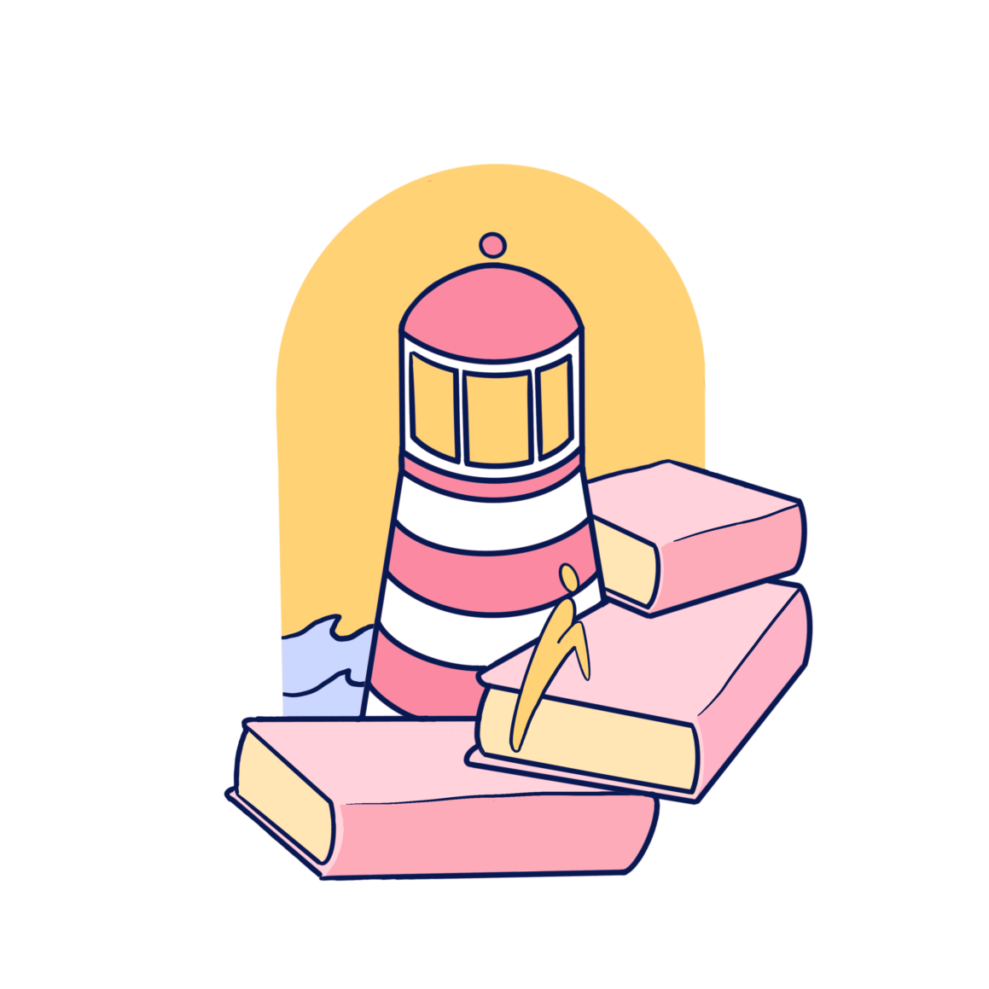
A Student’s Guide to studying smarter, not harder
Avoiding pre-exam cram stress
Exam season always terrified me when I was in my first year. I didn’t know what to expect, and I barely knew how to study properly. I was never a great student in high school and didn’t really understand the importance of my education until university.
When I first walked into the Dalplex’s fieldhouse for my first university-level exam, I did not know what to expect. The super straight lines of desks and chairs were a daunting thing to see, but one thing really made me lose my focus.
How could I possibly focus on studying when I knew the holidays were coming up?
Well, after hopping on YouTube and finding “A Christmas Coffee Shop Ambience with Relaxing Christmas Jazz Music, Crackling Fire, and Café Sounds,” I found my vibe.
Time to study? No.
I didn’t even know how to study. I just reread my notes and class readings, which is NOT studying.
Active studying
Active studying is a way better way to get the stuff you need to know into your head. Rather than just reading class notes, it requires using actual studying techniques to learn the information you need to know.
Whether you are studying sciences, arts, language, or history, simply highlighting and underlining key terms might help keep you focused while reading. But it’s not incredibly effective at keeping information in your head.
Your first step should always be to get organized. Close all those tabs you have open. Find a notebook and a pen that actually works. Drink that coffee.
Most students don’t know where to start when they are staring down a load of information for a course they are studying for. The course syllabus is a great place to organize your notes. Start with the information from the first class, then the second and so on.
Become the professor
For any class, it can be helpful to “become the professor.” When I was dealing with a difficult concept, I would watch YouTube videos explaining it and write out the steps, timeline, or general storyline depending on the class.
After I felt that I understood the concept, I’d pretend I was teaching it to someone next to me. Better yet, and a whole lot less weird looking, I’d suggest teaching it to a friend who is hopefully willing to give you a hand in your study journey. If they can understand it, you’ve learned it yourself.
If you can teach it, you know it. That might be a super over-used phrase, but it’s true as hell.
Meet with your classmates
Book a study room in the Killam Library or the Wallace McCain Learning Commons and ask some of your classmates to join you for a study sesh. You can all help each other out, and someone might be able to explain a concept you’re struggling with.
If it is super complicated, brainstorming with multiple people is one of the most helpful ways for me to understand a problem, idea, or concept.
Plus, having other people around can keep you focused on your work. I use this technique all the time when I really have to study or get something done. It’s called body-doubling, and it works.
Concept maps
A concept map can help you map out the material. I have found this technique most helpful for English literature classes where I need to understand a book for the exam. I’ve found it to be useful for more technical courses as well.
Most English exams require you to write an essay or two about whatever piece of literature you had to read for the course. The best way to learn a book is to ensure you know the storyline, characters, setting, theme, conflict and climax.
Mapping out each of these concepts can take your understanding of the book to another level and really prepare you for any question a professor might ask on the exam.
Find some time for rest!
Although it’s true you can never be too prepared for an exam, I always recommend finding time for sleep and a good meal before an exam. It’ll help you feel good on the day of the exam and beat study burnout.
In the end, always put your well-being before anything else. Eat some good food, take a brain break and find some time for self-love.
I send you all the good vibes possible for exam season and happy holidays folks!






